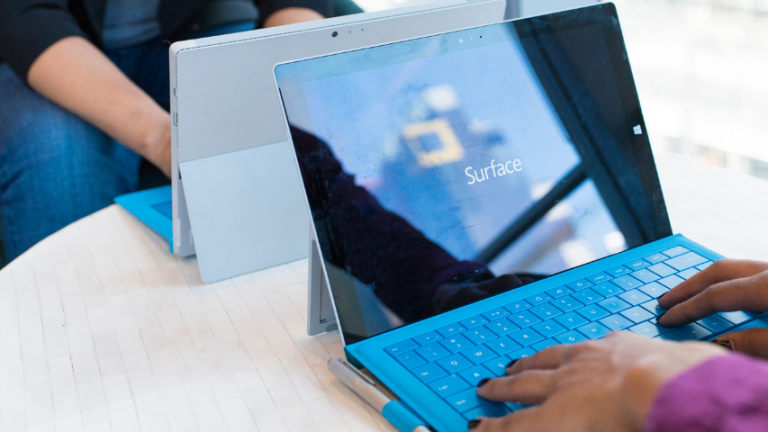To consider upgrading is to think about your current version of Windows.
Windows 10 is a fantastic OS with a lot of great features, but it also has some drawbacks. One of the most annoying is the noises that are constantly being made by the operating system. These noises can be quiet, but it’s annoying to have the computer make different sounds when you are on different websites or even just browsing web pages.
In case you are not familiar with the name, Windows is one of the world’s most used operating systems. There are currently more than 1.2 billion active devices running Windows, a total that still goes up to date. Although the OS has gone through a few minor updates in the past, all major releases have been Windows 2000, Windows XP, and Windows Vista. Over the years, the OS has been praised for its ease of use and ability to provide the best user experience.
Many of us still have a fondness for Windows 10, which first shipped in 2015. But while that operating system was the first major upgrade to Windows since the advent of Windows 8 a few years prior, it’s no secret that Microsoft was cooking up an ambitious new version of the operating system. We’re still a long way off from the first preview of Windows 11, known as Windows Blue, but it seems clear that this new operating system is more radical in some respects than previous versions of Windows. But Is it Worth Upgrading to Windows 11?
The basic question in this post is, is it worth upgrading to Windows 11? And the answer, in short: Yes, if you want a modern, simple, intuitive operating system. Even if you don’t currently own a Windows PC, or if your machine is a Mac, a Linux PC, or one of the many devices powered by Android or ChromeOS, Windows 11 is worth a look.
Microsoft has introduced a new version of Windows that is supposed to be more secure, more user-friendly, and more productive than its predecessor. To be honest, the software is not ready for primetime yet. Sure, the new features are nice, and the performance is a little faster, but Windows 10 itself is not all that different from Windows 8.1, and there are still lots of bugs to fix before it can be considered a finished product. At the same time, I see a lot of people who are not quite ready to upgrade to Windows 11. The new base system is faster, but many applications are not yet compatible, so users may not see any real benefit.
Benefits of Upgrading to Windows 11
- If you want more security, then upgrade to Windows 11
If you’re like most people, you probably spent the weekend anxiously awaiting the new Windows release. In the early hours of Tuesday, you were probably greeted with a message saying the upgrade went smoothly, but to make sure you had the best experience possible, you should upgrade to Windows 11. It doesn’t matter if you’re planning on using your PC for business, school, or personal use. Upgrading to Windows 11 is something you should do.
- Better than a multitasking task
Microsoft is pushing Windows 11 as the best platform for multitasking, and it’s got a lot of new features to back that up. Windows 11’s Snap Layouts let you group windows on the screen together to multitask, and it remembers your window layouts for up to four displays. You can also pin apps to your display, so they always come up in the right place.
- It has the latest features
Upgrading your PC to Windows 11 doesn’t require a major overhaul of your system; it’s an incremental upgrade that allows Windows to keep up with the changing computing landscape. The main benefit of upgrading is that we’ll be able to take advantage of the most recent software and features that Microsoft offers.
If you are one of the die-hard Windows fans, you might have been disappointed by the lack of new features in Windows 10. In contrast to Windows 7, Windows 8, and Windows Phone, which had new features in every major release, Windows 10 didn’t bring any significant improvements and only a few new features. If you are one of these users, you are missing out on many things that only Windows 11 has to offer.







Recent Comments